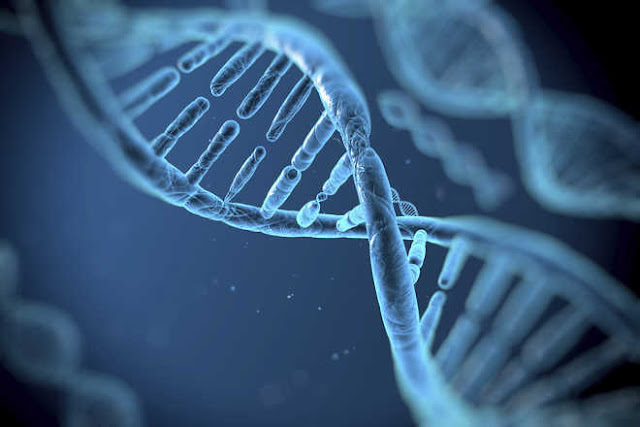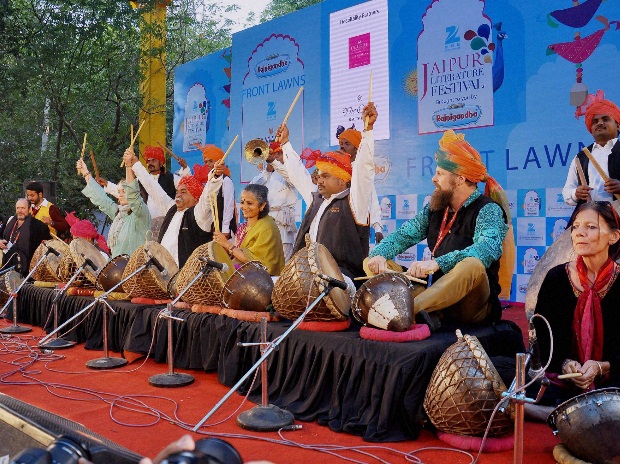Not love, genes may impact quality of marriage: Study

A new study now finds that the quality of a person's marriage could be affected by their genes. The study was conducted at at Binghamton University, State University of New York. A research team, led by Richard Mattson evaluated whether different genotypes of the Oxytocin Receptor gene (OXTR) influenced how partners support one another, which is a key determinant of overall marital quality. OXTR was targeted because it is related to the regulation and release of oxytocin, which is a hormone associated with feeling love and attachment. Oxytocin also appears to be relevant to social cognition and a wide range of social behaviour. Speaking about the study, Mattson said that while prior research has hinted that marital quality is, at least partially, impacted by genetic factors, and that oxytocin may be relevant to social support -- a critical aspect of intimate partnerships, his study is the first to provide evidence that variation on specific genes related to oxyto...


